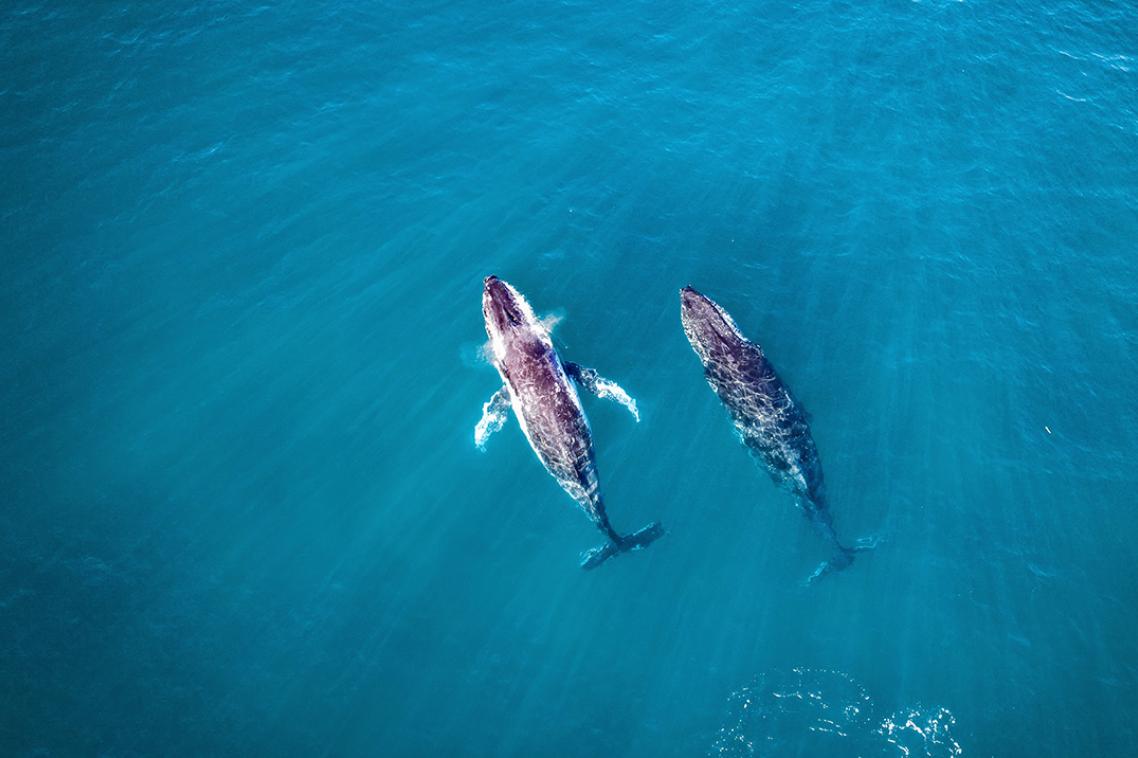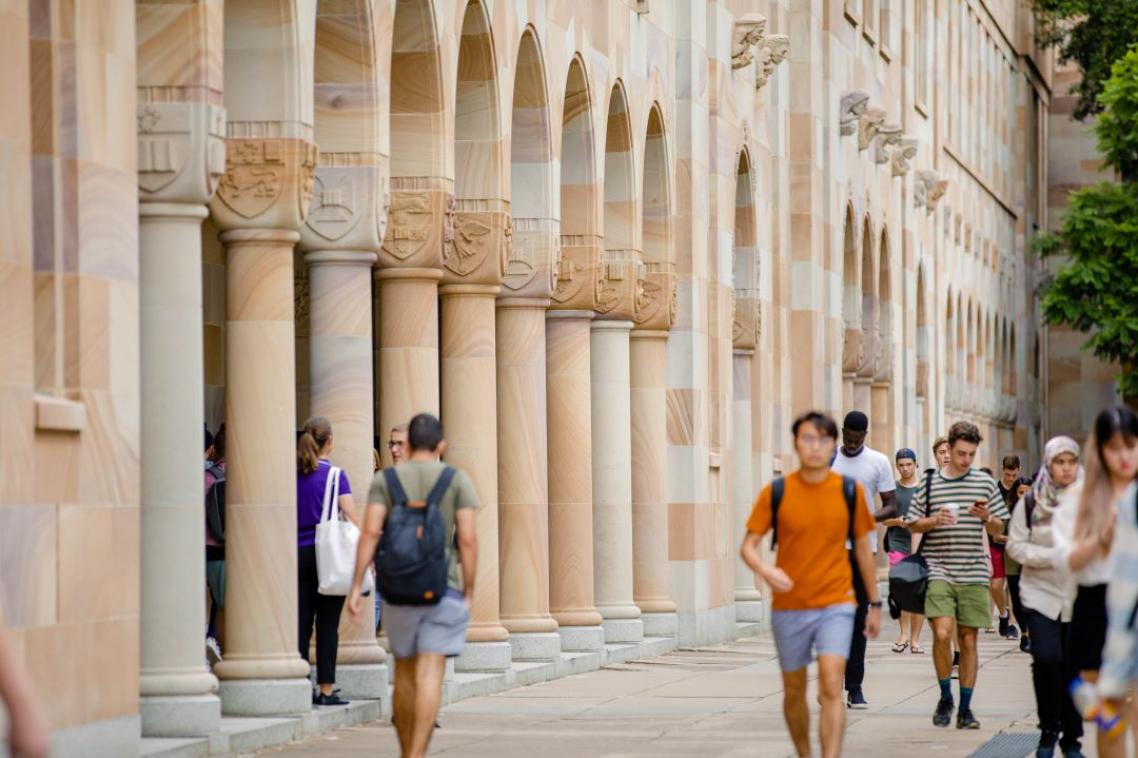Student looks into impact of 'seabird wreck'
A student from The University of Queensland has been analysing a collection of almost 900 dead whalebirds, which were marooned on New Zealand’s west coasts after a storm in 2011 killed hundreds of thousands of them.
Elizabeth Crotty is completing a three-month placement in Wellington, at the research centre at the Museum of New Zealand Te Papa Tongarewa, as part of her Bachelor of Environmental Management.
She has been studying prions, otherwise known as whalebirds. There are six different species of the small, blue-grey petrels, which spend the majority of their lives on the open ocean.
“It’s not uncommon for a few dead birds to wash up on New Zealand’s shore after stormy weather, but the huge number of whalebirds killed in this storm was unusual,” Ms Crotty said.
“Seabirds in general live a long time and have a low reproductive output, so populations are highly sensitive to changes in adult survival,” she said.
“The information I have collected will help us to understand which species of whalebird died during the storm and how their remaining populations might be affected by the losses.”
While juvenile mortality is a normal occurrence, the loss of breeding adults could have significant effects.
“When I first arrived in July and saw the number of birds to analyse I was overwhelmed,” Ms Crotty said.
“The priority of this project is to gain demographic information from the birds that died, however I am also extracting the tongue for genetic analysis, and collecting digestive tracts which will be examined to assess presence of ingested plastics.”
Te Papa will open its research centre to the world on Tuesday 22 October 2013 with a live YouTube stream from one of its laboratories.
Six scientists working at Te Papa, including Ms Crotty, will share the work they have been doing and explain what they hope to learn from studying these birds.
You can join them from 10.50am AEST at http://www.youtube.com/watch?v=lcbxSQD-JXk and ask the scientists questions on Twitter using the #ScienceLiveTePapa hashtag.
For more information contact Cherie McQuilkin, Communications Adviser, Museum of New Zealand Te Papa Tongarewa, cherie.mcquilkin@tepapa.govt.nz, +64 4 381 7083, +64 29 601 0180.
Related articles

Decades of surveys show whale migration shift

$1.85 million boost for UQ research projects
Media contact
UQ Communications
communications@uq.edu.au
+61 429 056 139
